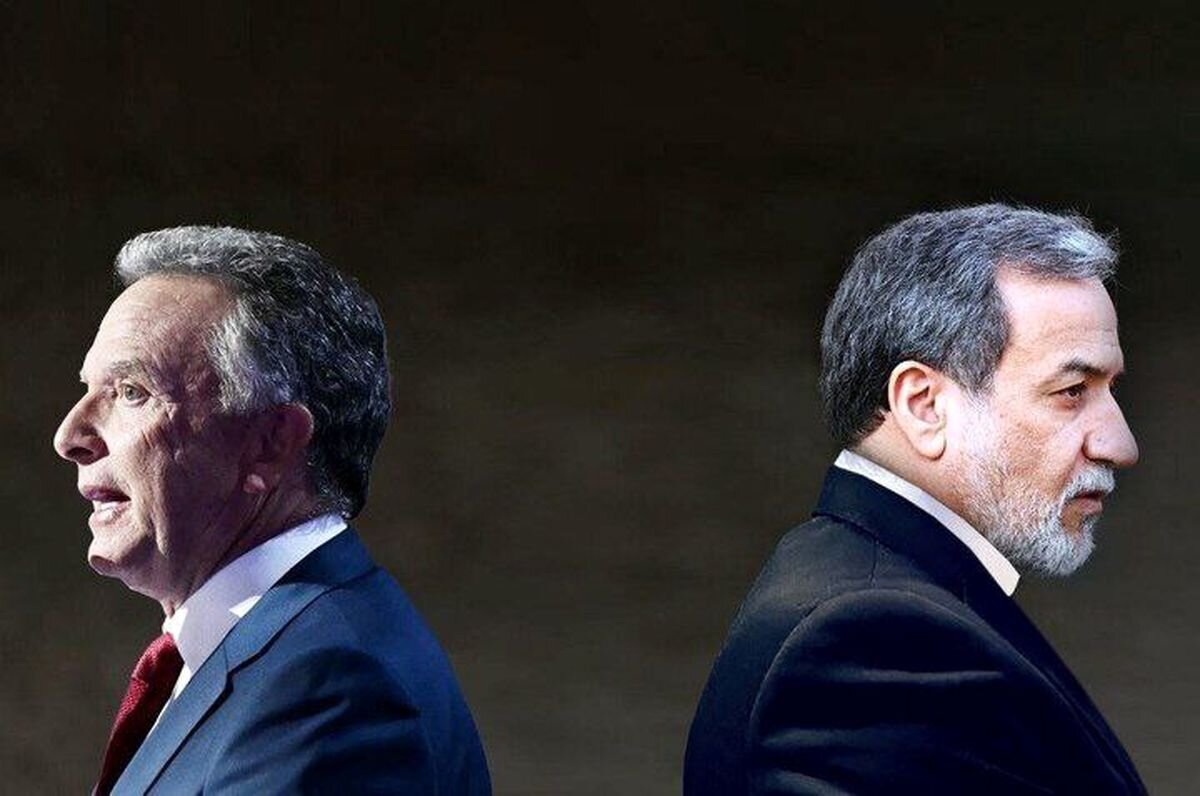Oman confirms collapse of nuclear talks after US-Israeli coordinated assault

TEHRAN – The Sultanate of Oman formally announced the cancellation of Sunday’s planned U.S.-Iran nuclear negotiations, with Foreign Minister Badr Albusaidi confirming the news on Saturday.
"The Iran-U.S. talks scheduled to be held in Muscat this Sunday will not now take place; but diplomacy and dialogue remain the only pathway to lasting peace," wrote Muscat’s top diplomat.
The move followed the Israeli regime’s blatant military assault on Iranian territory in the early hours of Friday, which reportedly martyred over 100 Iranians, including civilians, military personnel, and nuclear scientists, and targeted residential areas and critical infrastructure.
Iranian Foreign Minister Abbas Araghchi, in discussion with a European official, squarely blamed Washington for enabling the aggression.
He emphasized that continuing the talks would be "unjustifiable while barbarous Israeli attacks persist," citing U.S. President Donald Trump’s explicit support for the strikes.
Araghchi underscored that Tehran viewed the attacks as "a result of direct U.S. backing," rendering diplomacy futile while American allies bombed Iranian soil.
Foreign Ministry Spokesman Esmaeil Baqaei echoed this stance, declaring negotiations "meaningless" after Tel Aviv "crossed all red lines" with its criminal assault.
"You cannot claim to negotiate while greenlighting the Zionist regime to target Iran," Baqaei said.
He affirmed Iran’s immediate priority was "confronting the enemy’s aggression," adding that dialogue with a party "complicit in the aggressor’s crimes" held no value.
At the UN Security Council, Iranian Ambassador Amir Saeed Iravani condemned Washington’s "stained hands," declaring Israel’s aggression had obliterated any space for dialogue.
Coordinated duplicity and a ploy for war
The collapse caps months of strained negotiations, mediated by Oman since April. Five previous rounds in Muscat and Rome had yielded minimal progress, deadlocked over Washington’s demand for "zero enrichment"—a red line Tehran repeatedly rejected.
Despite Trump’s public claims of "serious progress," U.S. Special Envoy Steve Witkoff suddenly insisted Iran abandon all enrichment capabilities, a condition Iranian officials called "non-negotiable."
Just days before the attacks, the U.S. and European allies escalated pressure by engineering an anti-Iran resolution at the IAEA—the harshest in two decades—accusing Tehran of non-compliance.
Iran responded by announcing plans for a third uranium enrichment site and advanced centrifuges at Fordow.
Crucially, Sunday’s meeting was to feature Iran’s formal counterproposal to U.S. demands. Instead, Israeli strikes preempted any diplomatic off-ramp.
Evidence now confirms the attacks were facilitated by Washington.
Days prior, the U.S. fast-tracked 300 Hellfire missiles to Israel under a $7.4 billion arms package, the Middle East Eye reported, adding that two U.S. officials admitted the Trump administration was "well-informed" about the operation.
Trump’s own statements betrayed coordination: "We knew everything," he boasted after the strikes, despite publicly feigning restraint. He also described the horrendous Israeli attacks as “excellent” and “very successful” in a series of media interviews on Friday, further underlining his complicity in fueling aggression.
U.S. naval assets, including the USS Thomas Hudner, later aided Israeli defenses against Iranian retaliation, while the Pentagon supplied "exquisite intelligence" for the initial assault, according to an unnamed U.S. official quoted by CBS News.
Many Iranian officials and global analysts see the talks as a deliberate smokescreen.
"Negotiations were always a ploy to prepare for the war the U.S. intended to wage," observed geopolitical analyst Brian Berletic.
Analysts describe the mood in Iran as defiant, with the public perceiving U.S.-Israeli collusion as indivisible.
